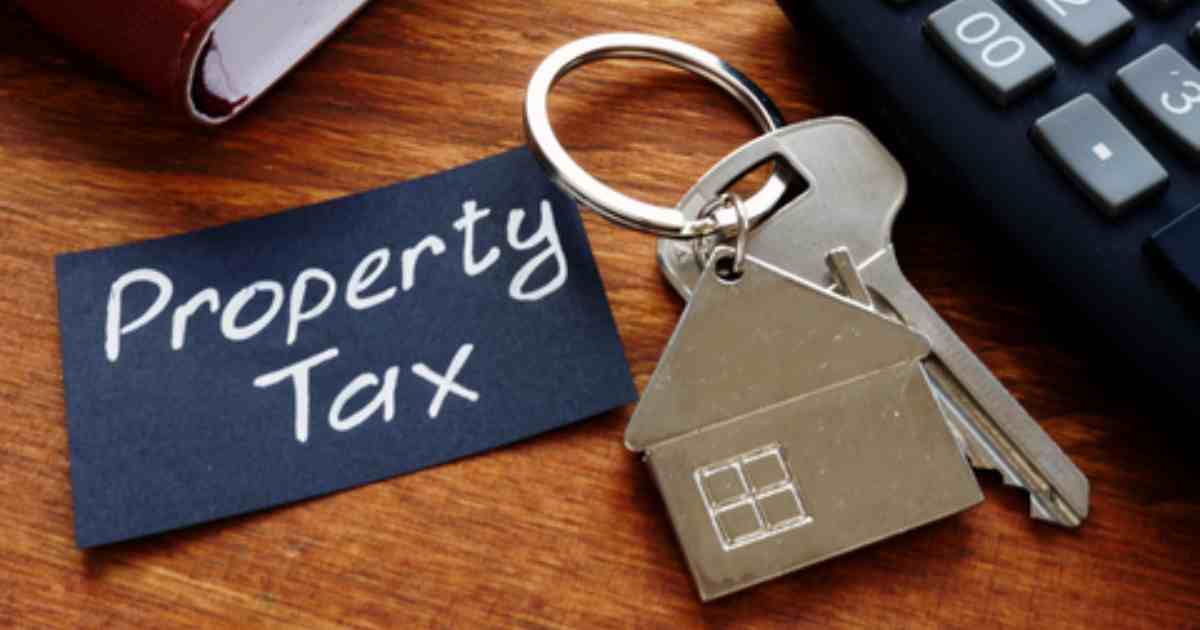Proact Sam Orgill Discusses The Tax Changes Growing Around Overseas Property Owners

Since financial exchange of information regulation was introduced 10 years ago great strides have been made to tackle criminal activities.
Anti money laundering AML is always at the centre and the essence of this is income not declared nor tax paid.
OVERSEAS PROPERTY RENTALS
Overseas property rentals have been an area of ‘other income’ for overseas property owners without paying tax in their country of tax residence.
This all changes with information exchange.
Step by step tax regulation is creeping up on for short and long term holiday lets as a source of taxable business or investment income.
UK TAX REPORTS
Since 2020 UK property rental agents in the UK have been required to report in an annual statement the income and expenses to property owners and copy in the tax man at HMRC, much like an employee P60 salary statement.
The property agent is also required to deduct tax at source unless the owner declares to them they are paying the tax directly.
Overseas owners of UK property rentals can register with HMRC as property owners to stop property agent tax at source – but of course then set themselves up to declare that income in an annual UK tax return.
And there you have it. under HMRC tax falls PAYE for employees, Self Assessment for other income, corporation tax, property rental tax, pensions, savings and investment.
PROPERTY AS TAX ENTITY
Property have their own land registration and title deed and are a tax entity in themselves.
HMRC access to prove ownership and transfers by the oldest tax of all – stamp duty. Any property transaction is subject to a stamp duty which even if nominal affords HMRC with information of who owns what.
The property exchange of information is complete to them.
LICENSED TO LET
In 2023 Scotland and Wales have introduced licensing for short holiday lets while England has this under consultation. A licence allows local authorities to know the properties being let, and the beneficial owner.
Around Europe short and long stay property rentals require registration either with a local authority, as in France, or obtain a tourist licence to operate as in Spain, Italy and Cyprus.
A licence allows a government to regulate, for example to make requirements for health and safety, but also to have data to share with their tax authorities.
Overseas properly rental agents like AirBnB, Hotels.com and Bookings.com for short term lets have been enforced over the last 3 years to collate information on the beneficial owners of the property.
There are data protection rules that allows individuals privacy. The tax man gets around this with the licence to let.
The licence number with one government authority is required to list overseas holiday homes with rental agents.
In their annual income statement to clients and the tax man the licence number joins the information dots.
FINANCIAL PILLARS
OECD tax regulation for AML has changed over the last two years that seeps down to bank and tax agents requiring to know not only identity documents and address but also a tax and or social security number. This is to identify the beneficial owner of any income or capital assets.
Banks now have an obligation to monitor source of funds into a bank account and require evidence of income source.
This further allows inflow of information to the tax man.
The outcome is they are all knowing and able to enforce income tax collection from property rentals.
TAX RESIDENCES
Even if you are individually tax resident in one country, and your overseas property rental is in another, you still have tax reporting obligations and maybe tax to pay in one or both.
For example, in the UK a property is treated as a fixed taxable entity for UK income and gains even if the beneficial owner is Living and Working Abroad.
The UK collates property income into the income tax at the highest marginal rate ( allowing the use of a £12570 personal allowance for expat property rental owners ).
Other countries may apply a flat rate property tax, payable in that country, even if the beneficial owner is not tax resident in the same country.
A UK tax resident and owner of overseas property rental also has a requirement to report their world wide income including rentals.
For Cyprus property rentals the flat rate property rental income is up to 5.65%. For Italy it is 21%.
ITALIAN TAX SEZIURE
The Italy tax man has taken AirBnB to task claiming they are responsible for deducting 21% tax at source from over £1 billion pounds of property rental income over 2 years and have claimed £670 million tax from them.
AirBnB are fighting this legal case.
If they win the Italy taxman will claim the tax off the property owners instead.
If AirBnB lose they pay the property rental tax and will be looking to recover from landlord property owners.
Cyprus could apply this approach under existing legislation.
TAX REPORT & RETURN SOLUTIONS
What should overseas property owners do?
If you have property rental income you should complete and report an accurate tax return each year.
UK tax residents can declare the overseas property rental and other income on their UK tax return, completing their obligation to report & return.
Under any double taxation treaty any tax due in another country like Spain, Italy or Cyprus will be paid by HMRC.
Your UK tax return and assessment will protect your holiday let property income from tax overseas, providing evidence of tax compliance to the property agent and overseas tax/ local authority as would arise.
Better to declare correctly than pay penalties later.
For help advice and guidance on overseas property rental income to complete tax returns contact us:
Sam Orgill
ProACT Partnership
Tel: +357 26 819 424
www.proactpartership.com
[email protected]








